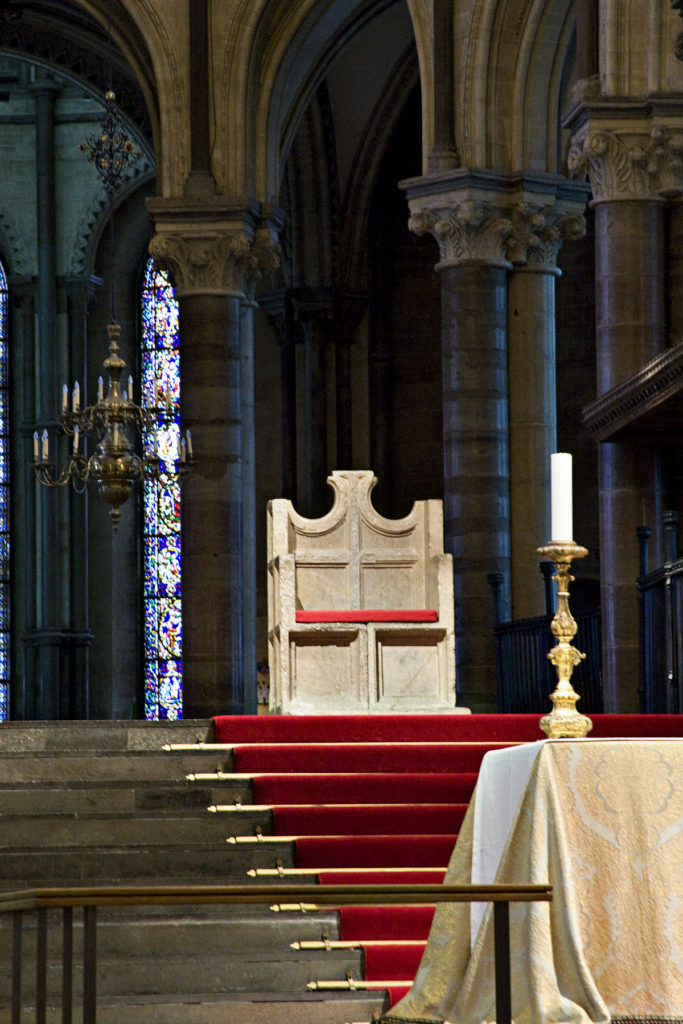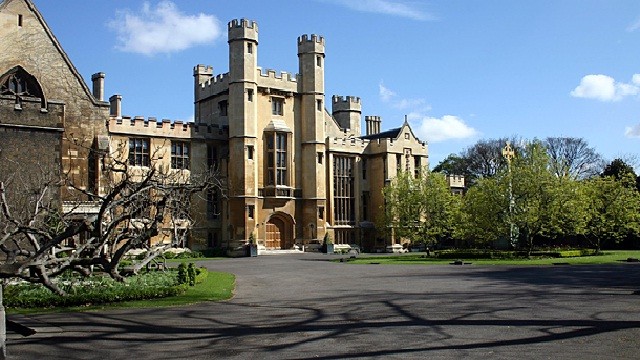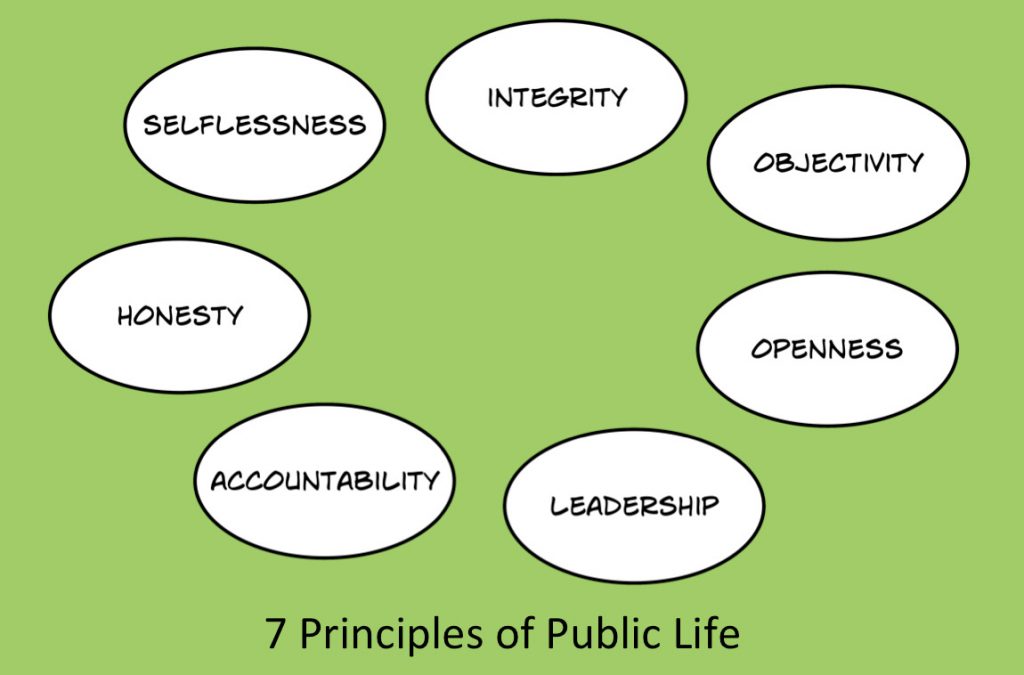
There have been two occasions when I might have been on the staff at a theological college. On the first occasion I was asked to apply for a post, while, on the second occasion, I was on a short-list of four candidates after making an application for the job. Neither episode came to anything and so no ordinands ever had the dubious benefit of learning from my parish experience or my theological insights.
These two possible encounters with the world of teaching ordinands have led me to ponder the question: what do I want future clergy to learn from their training? This is partly a question to myself about what I regret never having been taught. In my day, the late sixties, there was an attempt to make us aware of our own inner processes by exposing us to the then fashionable teachings of group dynamics. One thing that was not taught then was the dynamics of institutions and the way that roles are exercised within them. To put it another way, we never learned to see how people and institutions interact. People – clergy and laity – might have psychological issues to sort out. The Church itself, as an entity of power, was not considered as a problem within the total picture. Topics like the psychoanalysis of institutions did not exist and we certainly had few insights into the nature of power and the way it exercises an important role in the life of the Church and within the personalities of those who lead it.
From the perspective of retirement, I can now look back and recall how some of the clergy I used to know, played ‘power-games’. Nothing in their training had taught them to question how they used the power that they possessed as parish priests. It is obvious now, from the perspective of thirty or forty years after the event, that perhaps only a minority of clergy knew the meaning of humility. Many used their status as Vicar, Rector or Canon as a way of boosting their self-esteem. The Church institution was being used like a giant esteem filling station. Whenever a sense of social fragility was felt inside them, they went off to refill, so that they regained once more some of the prestige that their Church role was giving them. They might act out this power in a variety of ways – raising their voice unnecessarily, showing impatience or in some way belittling another person without a word being said. This way of using the institution to define their value and meet their self-esteem needs is what I call institutional narcissism. It is not just in the Church you find it; it is equally evident elsewhere, especially in political life. It is also visible at every level in the church, from bishops downwards. It is certainly visible among celebrity preachers and leaders in the con-evo constituency. Failures here have been explored recently in the aftermath of the Jonathan Fletcher Review. Anyone using the Church in some way to promote their self-importance has made power into a problem. Such people are often not aware of any misuse of power, but this institutional narcissism has begun to corrupt all their relationships and their effectiveness as pastors is seriously compromised.
In my musings about how to reduce ‘power-games’ in the Church, I have invented for myself a fantasy role as a teacher in a theological college. I have decided in that role that there should be for every student a series of classes using role play as a way for participants to learn about power. I would write a series of sketches which show typical scenarios in a parish. Some might involve day to day encounters with parishioners going about their voluntary tasks. Other sketches might portray staff meetings or chapter meetings. There would certainly be at least one to illustrate a difficult meeting with a bishop, with a curate telling him that his Vicar was guilty of sexual offences. The one thing that all these sketches would have in common is that an issue of power is implicit in each one of them. The question for the watching group is to identify who in the scene has power and how is that power acquired? How is the power being deployed? What are the feelings of the various characters in the sketch? Is the first person aware of the feelings of the other? What is the best outcome for all concerned? I would expect that the teacher would frequently have to remind the students that there is much more going on that is evident on first watching. Certainly, after doing this exercise a few times, the student might become more aware of hidden, even subconscious, power issues. I would also want to share the insight that the place of meeting can affect the power dynamics in an encounter. If a bishop expects a young curate to share deeply personal stuff in the setting of his palace, then he will probably be disappointed. What was missing in the story of A and the Bishop of Durham in the last post, was the failure of imagination and empathy. No group of students would be allowed to watch a sketch of such a meeting without being made fully aware of all the many possible nuances contained in that encounter. To most of us they may seem obvious, but to clergy from an older generation, empathy, imagination and an awareness of power dynamics seem to have been in short supply.
One of the dramatic changes to parish life that has begun some years ago, but has now, maybe, become encoded by covid, is the end of clergy visiting parishioners in their own homes. Issues of safeguarding no doubt come into the reasoning, but I have also heard the excuse given that there is no time available for such an activity. Clergy of my generation clearly regret the loss of this parish activity but I want to raise an important factor which is nothing to do our feelings of sadness. It would seem clear that the absence of home visiting may affect the issue of power dynamics and the relationship between church leaders and the congregation. When I used to enter the home of one of my parishioners, I was always there as guest. That is, when we think about it, a power relationship, putting parishioner above priest. The host is the one in charge. If the Vicar only ever sees his/her flock in the study or having coffee after church, the priest-people power differential is fixed in one direction. Even if there is no desire for the clergyman ever to misuse his/her power, the encounter on the ‘home-turf’ of the priest will inevitably determine the dynamic of the relationship. To restore the balance, as it were, in the power dynamic between priest and parishioner, home visits perform a vital role. Home visits, in my estimation, help to put the power dynamics of the parish into a far healthier frame.
Understanding power dynamics in the Church, whether at the parish level or within the hierarchy, will always be an important task. The problem is that that powerful people do not enjoy being challenged for the way that they use that power. Sometimes one would love to challenge a pompous senior church functionary, but such behaviour might be a career wrecking move. Politeness and expedience will mean that much power abuse and narcissistic behaviour remains unchallenged. It will continue to damage the institution and the individuals within it. Perhaps my idea of role play exercises is a safe way of helping would be clergy to become aware of how the unconscious exercise of their power can harm both themselves and others for whom they have pastoral responsibility.








